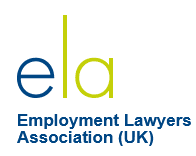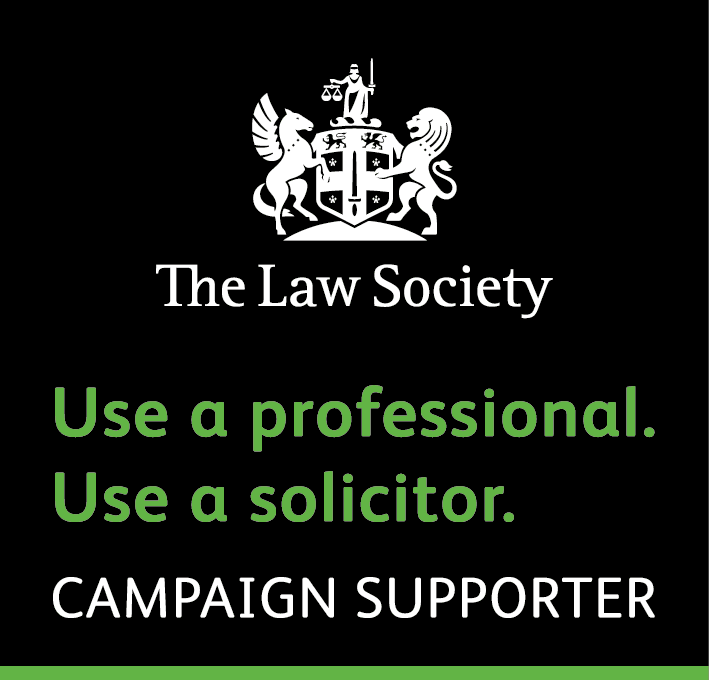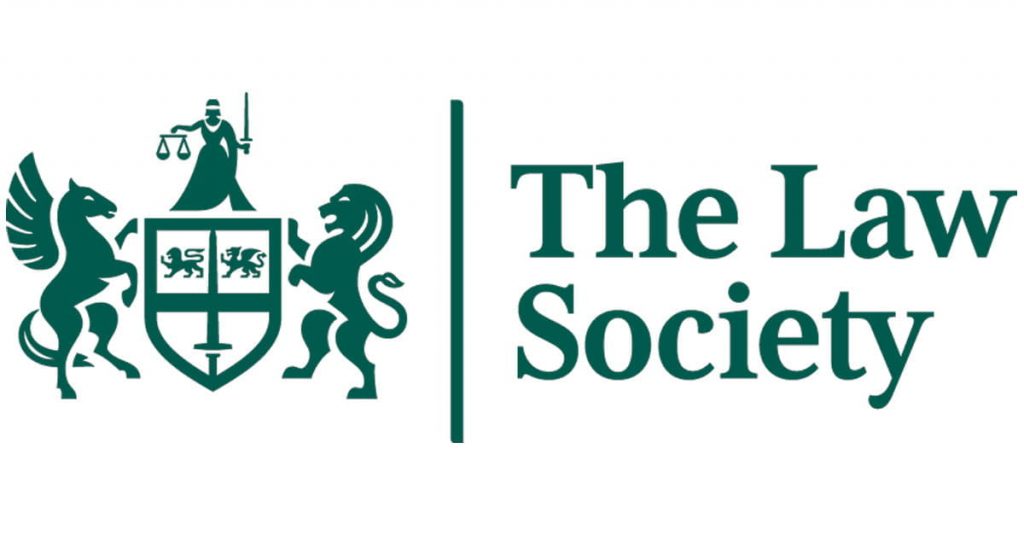Services
What is disability discrimination?
Disability discrimination is where you are treated differently because you are disabled, your perceived disability or as a result of the disability of someone you are connected to.
How is disability defined?
The definition for disability is defined by section 6 of the Equality Act 2010. The definition states that a person is disabled if
- they have a physical or mental impairment; which
- has a substantially adverse and long-term effect;
- on their ability to carry out normal day-to-day activities.
What is a ‘substantial’ and ‘long-term’ disability?
- ‘substantial’ is more than minor or trivial, eg it takes much longer than it usually would to complete a daily task like showering
- ‘long-term’ means 12 months or more, eg a breathing condition that develops as a result of a lung infection
What conditions are covered by the disability definition?
There are number of impairments which automatically meet the definition of disability under the Act and include:-
- cancer, including skin growths that need removing before they become cancerous
- a visual impairment - this means you’re certified as blind, severely sight impaired, sight impaired or partially sighted
- multiple sclerosis
- an HIV infection - even if you don't have any symptoms
- a severe, long-term disfigurement - for example severe facial scarring or a skin disease
Other impairments will qualify as long as they are ‘substantial’ and ‘long term’ and can include:-
- Arthritis
- Stress
- Depression
- Anxiety
What conditions are not covered by the disability definition?
- Alcohol addiction
- Nicotine addiction
- Hayfever
What is protected by the Equality Act?
The law is designed to protect disabled employees and workers from discrimination in the workplace in all aspects of employment, including:-
- dismissal
- employment terms and conditions
- pay and benefits
- promotion and transfer opportunities
- training
- recruitment
- redundancy
Types of discrimination
There are four main types of age discrimination.
- Direct discrimination
- Indirect discrimination
- Failure to make reasonable adjustments
- Harassment
- Victimisation
- Discrimination arising from a disability
What is direct discrimination?
This happens when someone treats you worse than another person in a similar situation because of your disability. For example an employer chooses not to offer you a job because it does not wish to have disabled people in their workplace.
Direct disability discrimination falls into three types. If you are treated less favourably of because of:
- their own disability (ordinary direct discrimination)
- a perceived disability (direct discrimination by perception)
- their association with someone who is disabled (direct discrimination by association).
What is indirect disability discrimination?
Indirect discrimination happens when an employer has a particular policy or way of working that applies to everyone but which puts people who have a disability at a disadvantage.
Indirect disability discrimination can be permitted if the employer is able to show that there is a good enough reason for the policy. This again is known as objective justification. The employer would need to be able to prove this in the tribunal, if necessary.
Harassment
When unwanted conduct related to a person's disability causes a distressing, humiliating or offensive environment for that person.
Harassment can never be justified. However, if an organisation or employer can show it did everything it could to prevent people who work for it from behaving like that, you will not be able to make a claim for harassment against it, although you could make a claim against the person who committed the harassment.
Victimisation
This is when you are treated badly because you have made a complaint of disability discrimination under the Equality Act. It can also occur if you are supporting someone who has made a complaint of disability discrimination.
What is Discrimination arising from a disability
This is where someone is treated 'unfavourably' because of something linked to their disability, but not because of the disability itself. The disabled person claiming this type of discrimination does not have to compare their treatment to how someone else is treated.
Failure to make 'reasonable adjustments'
An employer failing to make 'reasonable adjustments' for a disabled job applicant or employee is one of the most common types of disability discrimination. If adjustments are 'reasonable', an employer must make them to ensure its workplace or practices do not disadvantage a disabled job applicant or employee already with the organisation. Often recommendations for reasonable adjustments come from an occupational health expert you may have been referred to by your employer.
Employers should ensure they have rules in place to prevent disability discrimination in all aspects of employment to include:
- recruitment and selection
- determining pay, terms and conditions
- sickness absence
- training and development
- promotion
- dismissal
If a workplace feature or practice puts an employee with a disability at a disadvantage, an employer should look to see what 'reasonable adjustments' it can make and meet with them to discuss what can be done to help them. For example, this could be as simple as work equipment to assist a disabled person with a physical impairment complete their job role. Reasonable adjustments might also include changing some of the employee's duties, but an employer does not have to change functions essential to the role.
What should you do if you feel you have been discriminated against?
What action you take will depend on how much time you have available to you before the 3-month time limit to bring a tribunal claim is due to expire. The following should be considered to place you in the best position to secure an exit package or a successful tribunal claim: -
- Speak to your line Manger. You should raise your concerns with management so your employer is aware at the earliest opportunity of the issues you are having.
- Lodge an official grievance. If you do not receive a satisfactory response from our manager you should submit a grievance. You should always follow your employer’s grievance policy if they have one. If there is no internal policy you can find guidance on the ACAS website.
- Gather evidence and keep records. If you strongly feel that you have been discriminated against, and you have not received a satisfactory response from your employer, you should start to gather evidence to support a potential tribunal claim.
- Enter a without prejudice discussion. This can be done by submitting a ‘without prejudice’ letter to requesting a ‘without prejudice’ meeting. This will give you the opportunity to have an off the record discussion with your employer to air out your concerns and seek a resolution such as compensation or an exit package. It is important that you tread carefully and seek the guidance from our experienced solicitors before engaging with your employer.
- Lodge an Employment Tribunal claim. If all other options have been exhausted and you still feel aggrieved or you have been dismissed because of your age, you can submit a tribunal claim. If you are still employed this will be for age discrimination. If you have been dismissed this will be for both unfair dismissal and age discrimination. Any claim should be issued within 3 months of the date of dismissal or alleged discriminatory act. It is now mandatory to go through ACAS’s early conciliation scheme before you can submit a claim to the tribunal.

Solicitor Call Back
Request a FREE no obligation consultation with a solicitor by completing the form below
You can learn more about how we handle your personal data by viewing our Privacy Policy
Ready to speak to an employment law expert?
What makes SA Solicitors different ...
Common settlement agreement issues our solicitors deal with ...
> Counter Offers
> Negotiating Tactics
> Termination Payments
> Compensation Payments
> Grievance Issues
> Notice Pay
> Tax Payments
> Furlough Advice
> Discrimination
> Constructive Dismissal
> Unfair Dismissal
> Redundancy
> Bullying & Harassment
> Sick Absence
> Disciplinary Proceedings
> Capability Arguments





